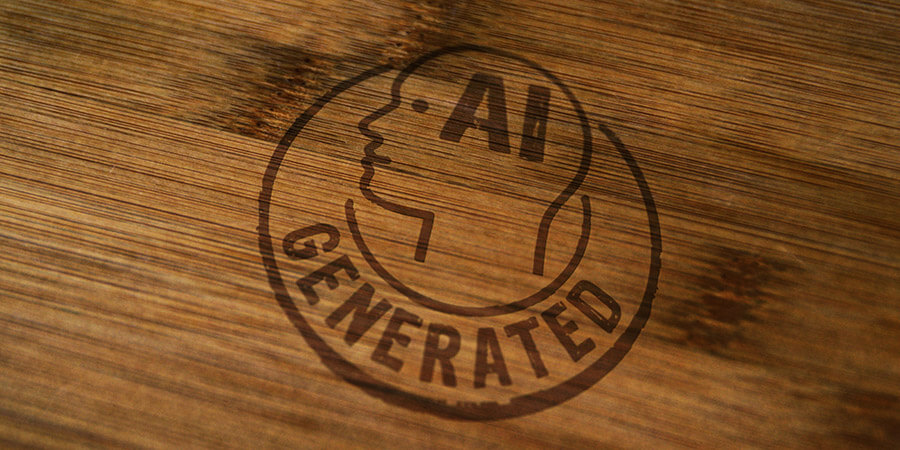GenAI’s capacity to generate realistic content in a relatively short time has benefitted business of all kinds; however, its negative impact on transparency and authenticity has left the world in limbo.
Non-consensual deepfake videos created using GenAI can cause significant harm to individuals by misusing their likeness for explicit or damaging content, leading to severe harm, including loss of employment opportunities, public humiliation, or damage to personal relationships.
The rise of GenAI has led to an increase in copyright violations, which could potentially escalate into more severe social and cultural disruptions, leading to prolonged suffering within communities and societies. As such, it is absolutely necessary that there be a clear demarcation between real and fake content.
Organization such as the Coalition for Content Provenance and Authenticity (C2PA) are uniting key stakeholders in AI to establish technical standards for detecting and identifying the origins of AI-generated content.
“C2PA is playing an essential role in bringing the industry together to advance shared standards around digital provenance,” said Anna Makanju, OpenAI’s VP of Global Affairs. “We look forward to contributing to this effort and see it as an important part of building trust in the authenticity of what people see and hear online."










